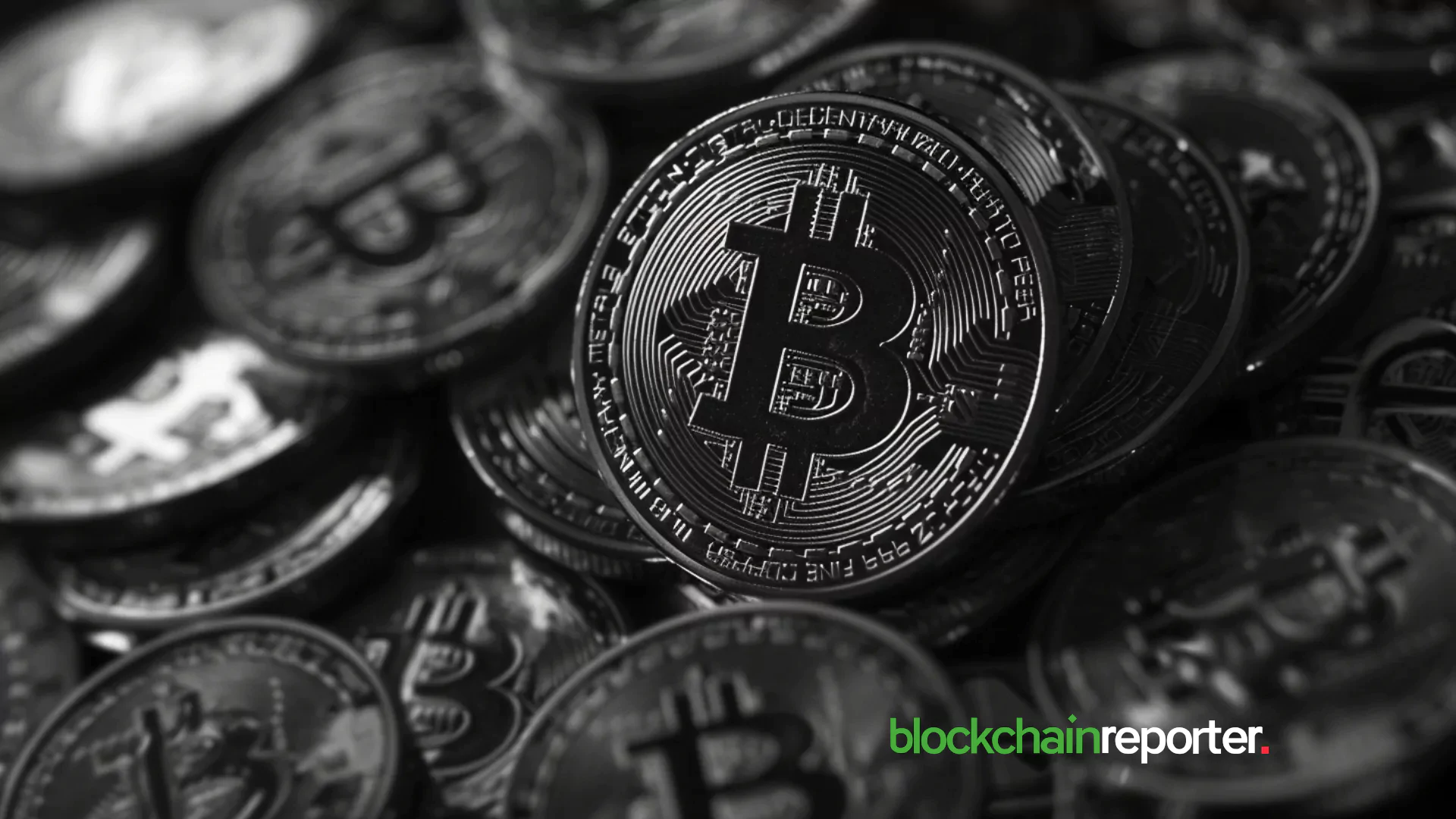
Cryptos continue to have remarkable growth in adoption and usage. Chats show that the Bitcoin prices as of the 6th of April 2021 are over 8 times higher than the prices posted exactly one year ago. There are hardly any assets that can match such explosive value gains.
Governments around the world have taken note of the potential of cryptos, more so Bitcoin, but with mixed intentions. While some have embraced and adopted them, some have an outspoken or outright declared war on Bitcoin.
So the question on people’s minds is, can Bitcoin be banned? Why governments would want to ban it and if it can be banned shall be explained below
The Bitcoin – Government Rift
There’s a growing rift between Bitcoin and several governments. A good number of top institutions view Bitcoin as a potential threat to various government mandates. To better understand governments’ actions on Bitcoin, it is important to understand the reason behind its launch.
Concept Behind Bitcoin
Bitcoin was designed as an alternative trading form to the current currency system. The pseudonymous developer(s) Satoshi Nakamoto first launched the concept in 2009 as both a currency and tradeable commodity.
The coin’s blockchain is an open-sourced software. It acts as a decentralized currency, hence eliminating the need for a central authority like a central bank or administration. Bitcoin can be sent on a peer-to-peer network, removing the need for a trusted third party such as banks or money transfer firms.
This reduces the cost of transactions as charged by such parties. Value creation for additional Bitcoin units is done by a process called mining. It involves the solving of difficult computational calculations to discover and add a new block, thereby verifying a transaction. This is unlike traditional fiat money which is created by government-contracted printers. The government also determines its present value.
In summary, Bitcoin was intended to enable users to transact with little oversight and controls while allowing cheaper transaction costs
Government Concerns
Thanks to the widespread adoption of Bitcoin, it started becoming a victim of its success. Several concepts behind its operation serve to attract customers in droves, while at the same time limiting Government powers in several ways
First is the loss of control in terms of currency creation. The value of traditional fiat money is set and determined by governments through monetary policies. This enables the state to exert economic influence as well as fund various infrastructure projects through the creation of money from thin air.
Bitcoin eliminates the governments’ role in money creation as well as currency value setting. Second, Bitcoin’s peer-to-peer transactions are shrouded with high secrecy. While the government dictates and tracks how fiat money is moved around, Bitcoin eliminates this ability. Fears by the classes of power are that illicit money transfers and illegal transactions can take place unabated thanks to Bitcoin and cryptos.
There’s also the potential redundancy of crucial sectors. Bitcoin is created by miners, who transfer the value to traders in cyberspace and earn rewards in the same manner. There are no banks needed. Banks are the key backbone of the financial sector, which is the key segment in the services sector, the largest sector of most developed economies.
The collapse of banks could have catastrophic economic consequences. Lastly, there’s the loss of control of economic trajectory. Governments will increase or decrease their expenditure and control the money in circulation through infrastructure investments.
The process is called the fiscal policy. In doing so, the governments will stimulate the creation of employment, get the country out of economic recession and avoid uncontrollable spiraling inflation. Bitcoin and cryptos hamper all these. Any government becomes a participant rather than a controller of economic trajectory.
Legality of Bitcoin
Based on the above concerns, different governments have taken different approaches regarding Bitcoin. Some have been very permissive, others maintained old restrictive laws, some have instituted legal restrictions to its usage while some have declared it outright illegal. There is particular interest in the cases where it has been declared illegal or where there are restrictions.
Declared Illegal
Several governments have taken the toughest measures and banned any use of Bitcoin, making the action a punishable offense. The countries with such restrictions are largely in North Africa, South Asia, and South America. A 2017 Algerian government journal, a 2017 Morrocan public statement, and a 2018 Egyptian Dar Al-Ifta declare the transacting and holding of any virtual currency prohibited.
Nepal in South Asia also declared an absolute ban on cryptocurrencies. South America’s Bolivia was in effect the first country to render cryptocurrencies and any other currencies not under the regulation of a country or economic zone as illegal. This was made so in a 2014 decree. It is however key to note that the privacy behind transactions means that Bitcoin continues to be traded in many of these countries.
The phenomenon is especially true with overseas funds transfers. The effects of the bans are that outlets cannot publicly accept any crypto payments. Local blockchain-related enterprises such as crypto exchanges and wallets can’t be set up too.
Partially Restricted
A myriad of countries, 13 to be exact have banking bans on cryptos. Notable examples include Canada. Entities dealing in cryptos must register with the Financial Transactions and Reports Analysis Centre of Canada as well as comply with its regulations. Several banks, as well as the Quebec province, have passed banking restrictions on cryptos.
Key among them include a Bank of Montreal announcement as well as a Toronto Dominion bank. Russia also has banking restrictions on cryptos. There are no guarantees and provisions for cryptos by the Bank of Russia as per a press release. Nigeria is another notable example where a 2017 circular by the Central bank of Nigeria banned bank transactions of Bitcoin and any other cryptocurrencies.
A much recent circular release on the 5th of February 2021 served to reaffirm the initial release. It promised tough penalties on any financial institutions that break the circular through dealing in cryptos or facilitating payments in them.
Conclusion
The developments that have been ongoing over the years have been painting a stack picture on cryptos. Several governments have had restrictions on the usage of cryptos, with some having outright bans. Billionaire Ray Dalio was noted talking of a high probability of the US government outlawing bitcoin.
However, trade-in Bitcoin and other cryptos continue within the territories that have declared a ban. The key consequence is that the local community gets barred from setting up blockchain-related ventures. Firms, as well as banks, are also hindered from using cryptos as a currency for trade. Funds transfers tend to remain relatively unaffected.








